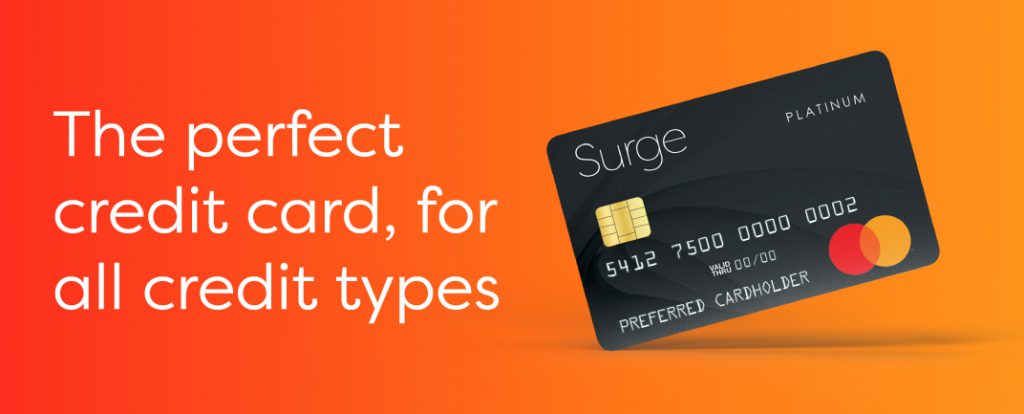
Your credit rating plays a crucial role in your financial life, affecting your ability to secure loans, buy a house, or even get a new car. Building good credit is a goal for many individuals, and by following certain financial habits, you can improve your credit score and set yourself up for a better financial future.
Stay within your financial lane
One of the first habits you should develop when building your credit is to stay within your financial lane. This means only buying what you can afford and avoiding overspending. By adhering to this simple rule, you prevent missed payments, which can significantly lower your credit score. It’s important to remember that missed payments often lead to higher interest rates on loans and credit card offers.
Be organized
Keeping your finances organized is essential for maintaining a good credit score. Knowing when bills are due and staying on top of your credit card balances can prevent missed payments and ensure that your credit score remains high. Take advantage of free credit score offers and check your credit report annually. Stay updated on your accounts’ performance and be aware of any activity on your authorized user accounts.
Make your payments on time
Paying your bills on time is a must if you want to maintain a good credit history. Payment history accounts for 35% of your credit score, so timely payments have a significant impact. Your credit card servicers are happiest when you consistently pay your bills on time. Remember that missed payments are reported to credit bureaus and can lower your score almost immediately. Developing the habit of paying on time each month is key to improving your credit.
Needs over wants
Establishing credit by using your line of credit for regular purchases is an effective strategy. However, it’s crucial to prioritize your needs over your wants. While it’s tempting to indulge in the things you desire, overspending can lead to financial instability. Make sure all necessary bills are paid before indulging yourself, ensuring you have enough funds to cover your essential expenses.
Be proactive
Mistakes happen, and if you miss a payment, it’s essential to take immediate action. Rather than panicking, find a way to settle the balance as soon as possible. While a missed payment does impact your credit score, it can only get worse if you ignore the issue. By being proactive and fixing mistakes promptly, you can mitigate their long-term effects. Remember, positive habits and behavior gradually enhance your credit lines and lead to an improved credit score.
Take the time to know more about financial products
Research is crucial before taking on any financial product. Whether it’s an auto loan, student loan, or credit card, understanding the terms and conditions is vital. Take the time to read the fine print and be well-informed before making any decisions. Familiarize yourself with concepts such as secured and unsecured credit cards, credit utilization ratio, and proper credit card closure methods.
Conclusion
By adopting these financial habits, you can build a track record of consistent positive activity, which credit card servicers will take notice of. This will have a significant impact on your credit score and benefit your credit report. Your credit history will reflect a steady path of improvement, leading to various lifestyle improvements beyond borrowing and credit lines.
Start implementing these habits today and embark on the journey to better credit!

FAQs
- How long does it take to get a credit card?
- What are Credit Card Cash Advances?
- How can free rent reporting boost your credit score?
Note: This article was originally published in May 2019 and has been updated with new information.
Continental Finance is one of America’s leading marketers and servicers of credit cards for people with less-than-perfect credit. For more information, visit News Explorer Today.